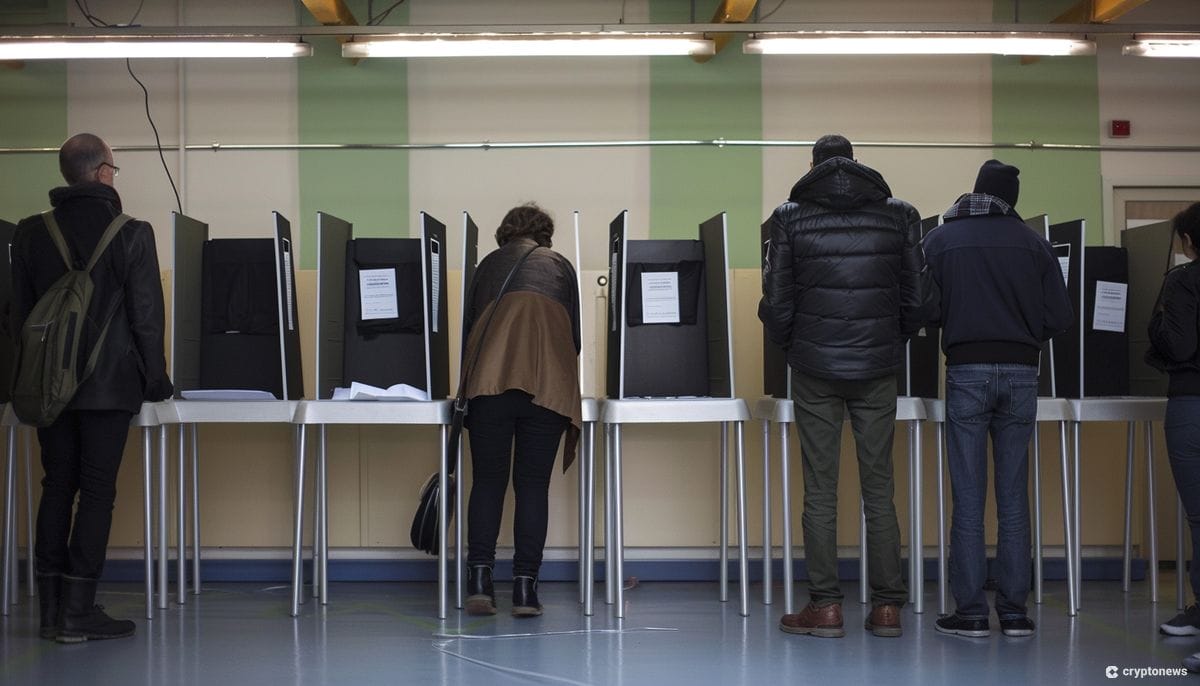The upcoming UK election is swaying towards Labour, but likely won’t change the trajectory of the Conservative Party’s crypto legislation efforts. Since the Conservative Party took office in May 2010, they have implemented measures to foster a positive crypto environment in the UK. In 2022, Rishi Sunak announced the vision for UK Crypto in the global financial market, aiming to make the UK a “global hub for crypto assets technology”. The UK Parliament recognized Crypto as a financial instrument in June 2023, allowing for regulation by the Financial Conduct Authority (FCA). In February 2024, Parliament planned to introduce legislation for stablecoins and staking, with the goal of enacting it by mid-2024 before the upcoming election. The country’s regulators, including the Bank of England and the FCA, have been proactive in releasing discussion papers on stablecoins, indicating that the Conservative government is on track to implement regulation in the crypto space.
Despite the recent surge in support for the Labour Party in the UK’s local elections, it is expected that Labour will continue the Conservative Party’s approach to crypto legislation. Labour outlined its goals to establish the UK as a hub for securities tokenization, acknowledging the potential of tokenization to revolutionize the crypto space with real-world applications. Investment bank Citi Group estimated that tokenized assets could be worth close to $4 trillion globally by 2030, with the UK potentially playing a leading role in tokenization under a future Labour government. However, Labour has yet to provide specific details on how they plan to regulate crypto if they were to win the upcoming election.
Elections are becoming increasingly crucial to the future of cryptocurrency, with major jurisdictions emerging as hubs for crypto development. In the US, the 2024 election is shaping up to be pivotal in determining the future of cryptocurrency in the country. The current Biden administration has taken a rigorous regulatory stance on crypto, which some view as hostile. On the other hand, the Trump administration seeks to create a more supportive environment for crypto in the US. The differing regulatory approaches of the two administrations highlight how regulatory styles can impact the development and innovation of the crypto space.
Overall, the trajectory of crypto legislation in the UK is likely to continue regardless of the outcome of the upcoming election. Both the Conservative and Labour parties have shown an interest in fostering a positive crypto environment in the UK, with plans to establish the country as a hub for crypto technology and innovation. As elections play a key role in shaping the future of cryptocurrency globally, it is essential for governments to create regulatory frameworks that support the growth and development of the crypto industry. The contrasting regulatory styles of leading political parties and administrations can have a significant impact on the direction of crypto regulation and innovation in the coming years.


























